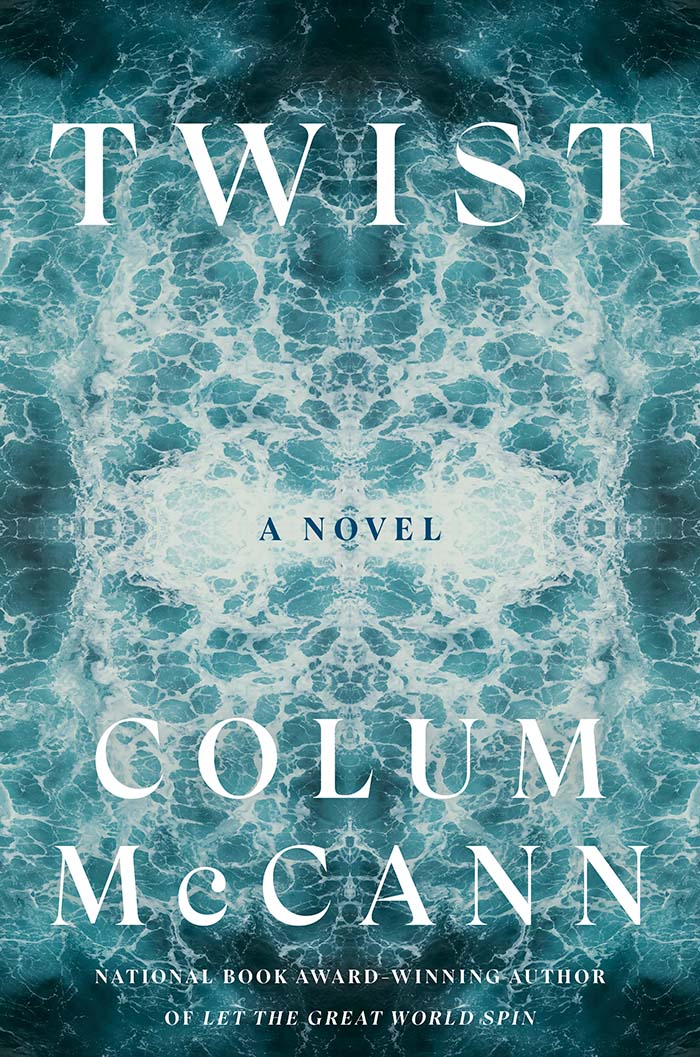
Why Do We Tell Stories?
Why do we tell stories? Why do we have a deep need to tell one another that which is real and invented? Why do we need to lean across the table, or the fireside, or the fabulously intertwined wires of the Internet, and whisper “Listen”? We tell stories because we’re somewhat sick of reality and we need to create what isn’t yet there. Stories and poems create what is yet to come. A sentence spun from the imagination is a powerful embrace of what is new. Literature proposes possibilities and then makes truths of them. In literature we are given some of the most profound evidence of being alive.
In the end, what’s at issue here is how we live… and how we live is governed by how we choose to tell our stories. These stories of ours have to be valid and real and heartfelt and searing and complex and angry. They have to show balance of passion and humility. We must know the necessity and complexity of failing.
Let’s face it — and maybe after this election we have to face it more than ever — you can be an optimist all you like, but the suffering of the present and the evil of the past is unlikely to be redeemed by a future era of universal happiness. Still, literature can be a stay, or a foothold against despair. Is that enough? Of course it’s not enough, but it’s all we’ve got.
